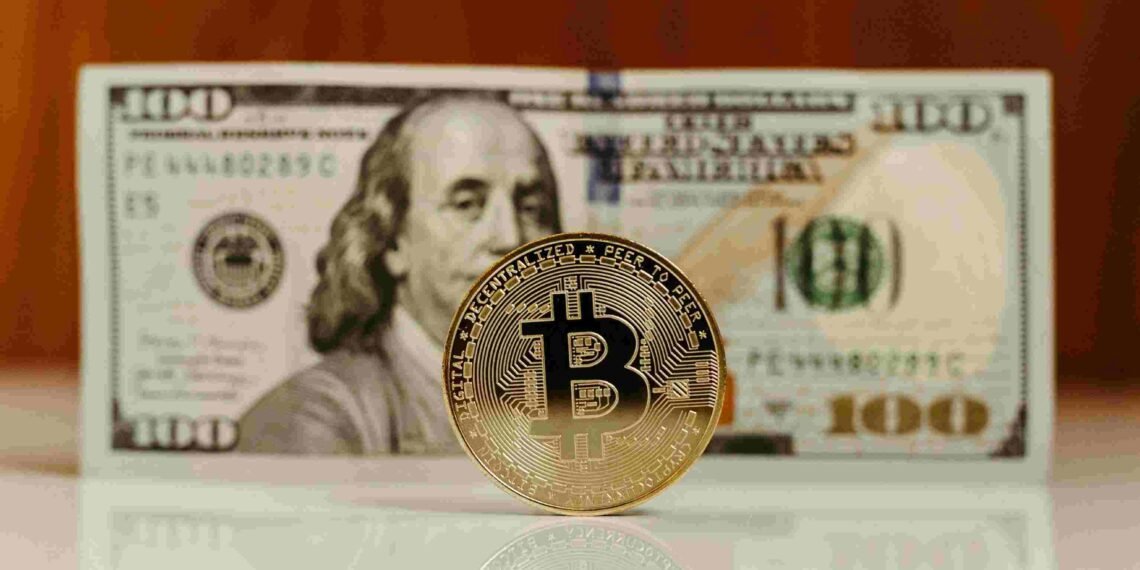For transactional attorneys and compliance officers, crypto developments redefine operational hazards and disclosure duties. Ignore them at your clients’ peril. This article analyzes how recent courtroom battles and enforcement dictate Bitcoin conversion mechanics.
The process of converting 1 BTC to USD has become a legal grey area recently. Judicial rulings seem to rewrite the rules every quarter. Competing precedents impact how we classify assets, verify cross-border transactions or calculate tax exposure. An expertly executed conversion last month may violate new interpretations today. The regulatory lines are constantly being redrawn through high-stakes litigation and require constant watchfulness from practitioners. Now, a compliance misstep could result in injunctions or disgorgement orders erasing profits.
Table of Contents
Judicial Tests Redraw Asset Boundaries
The courts are still wrestling with the legal identity of Bitcoin. This determination sets the limits on your tax and regulatory exposure. So the IRS maintains its property classification under Section 61(a)(3) and charges capital gains tax on each conversion. Jurisdictional conflicts, however, create operational headaches.
According to that decision, the CFTC asserts commodity status under 7 U.S.C. And yet, the SEC is applying the Howey Test analysis to expand securities jurisdiction. Even as district courts increasingly validate property frameworks like the Clark decision, decentralized architectures create liability issues.
Courts struggle to assign responsibility when automated protocols fail. The divergent circuit court interpretations leave compliance officers guessing about safe harbor protections. This applies to choosing a reputable platform to trade Bitcoin as well. Bitcoin’s value is heavily impacted by public sentiment and speculation, leading to short-term price fluctuations.
It’s also important to consider the volatility of a specific currency pair, such as the PLN to BTC rate, which can vary significantly depending on geopolitical events and market trends.
Media coverage, expert opinions, and regulatory changes create uncertainty that affects supply and demand, resulting in price variations.
2024’s Defining Legal Moments
A number of developments reshaped the conversion landscape. By separating institutional sales from programmatic transactions, the Ripple Labs decision (SDNY 23-4480) required regulatory recalibration. Post-ruling enforcement actions dropped 30% according to the data. Penalties soared to unprecedented levels under novel theories, including staking as a form of security violations.
In doing so, the Tornado Cash appellate reversal created uncertainty for privacy tools. This limited the ability of FinCEN to monitor mixer transactions, Treasury Department reports show.
Spot ETF approvals under SEC registration statements in January opened up institutional participation channels. Simultaneously, FinCEN extended KYC obligations under 31 CFR section 1010.316. These changes drove up conversion volumes and increased compliance workloads.
Legal Ambiguity Undermines Transactional Security
There are three significant concrete hazards that practitioners face due to uncertainty:
Cross-Border Enforcement Causes Compliance Chaos
The international conversions create contradictory regulatory regimes. See FATF Recommendation 16, which requires extensive KYC data sharing. This goes against European GDPR privacy mandates. Collect excessive information and face EU penalties. Collect inadequate data and face FinCEN sanctions.
Sanctions against specific Ethereum wallets like 0x0d8A show how OFAC improved its blockchain surveillance capabilities. Still, the Tornado Cash reversal highlighted jurisdictional issues when regulating autonomous code.
Even customs authorities are now seizing cryptocurrency under 19 U.S.C. § 1595a (c), challenging location-based legal principles. And without harmonised conflict rules, multinational transactions become regulatory gambles.
New Risk Zones That Need Attention
Five developing areas need immediate practitioner focus and show why a crypto lawyer is important:
Actionable Measures for Legal Practitioners
The changing landscape of laws is pushing advisors to step up their game. It’s time to get serious about detailed wallet accounting. However, with the IRS’s documentation demands for 2025 filings, going back to sort things out isn’t going to be possible. Without these proper systems in place, the administrative load is going to be a heavy lift.
When it comes to cross-border protocols, staying in line with FATF guidelines and OFAC advisories is a must. Remember, non-U.S. platforms offer no safety net when it comes to marketing claims.
Also, keep an eye on the SEC’s creative enforcement strategies following the Ripple case. Their shift towards corporate compliance doesn’t mean they’re not still looking at crypto. The penalties you saw in 2024 suggest the commission is moving towards innovative legal theories, instead of pulling back.
Final Considerations
Legal professionals work within a fluid environment in which today’s compliant conversion faces tomorrow’s judicial reevaluation. These landmark decisions frequently update the asset and liability frameworks. Cross-border enforcement efforts remain fragmented. The new reporting requirements call for forensic recordkeeping. For transactional attorneys and compliance officers, this is no academic exercise. This impacts client outcomes as well as professional liability exposure. Vigilance remains your best asset in cryptocurrency conversions.


